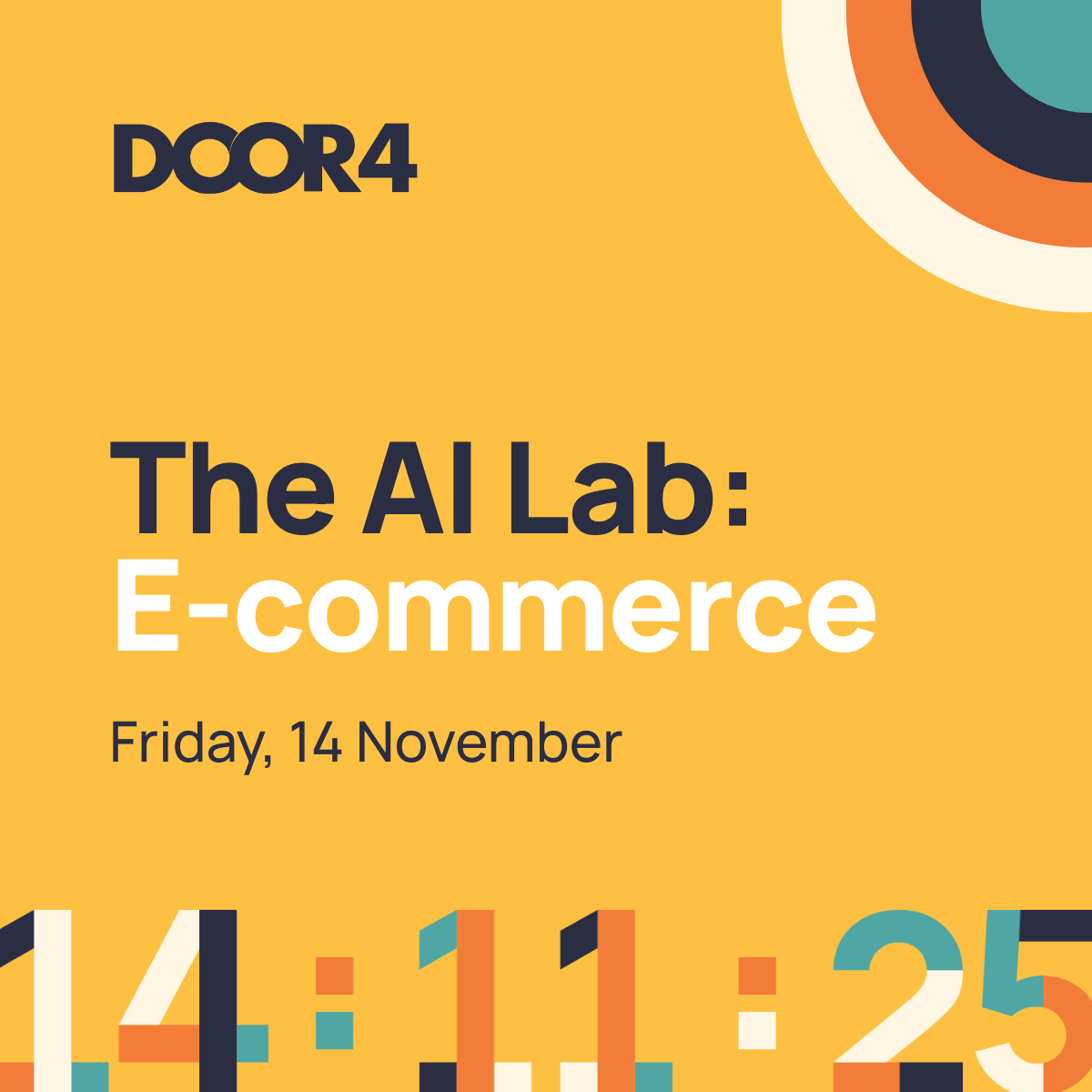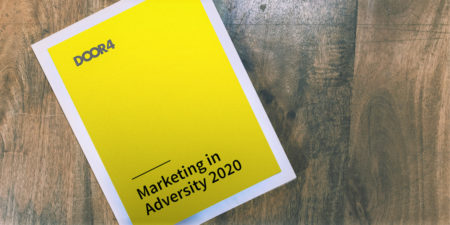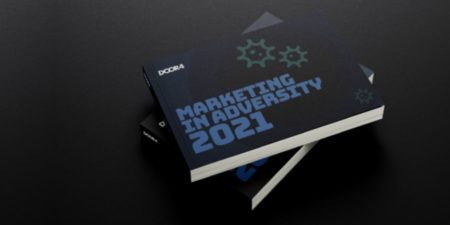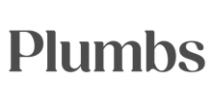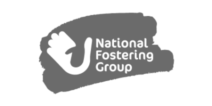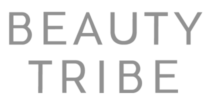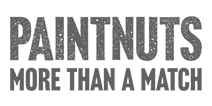Ready to explore the possibilities?
Request a quick call with our team to find out how the Innovation Explorer program can help your business take its next big leap into AI and automation.
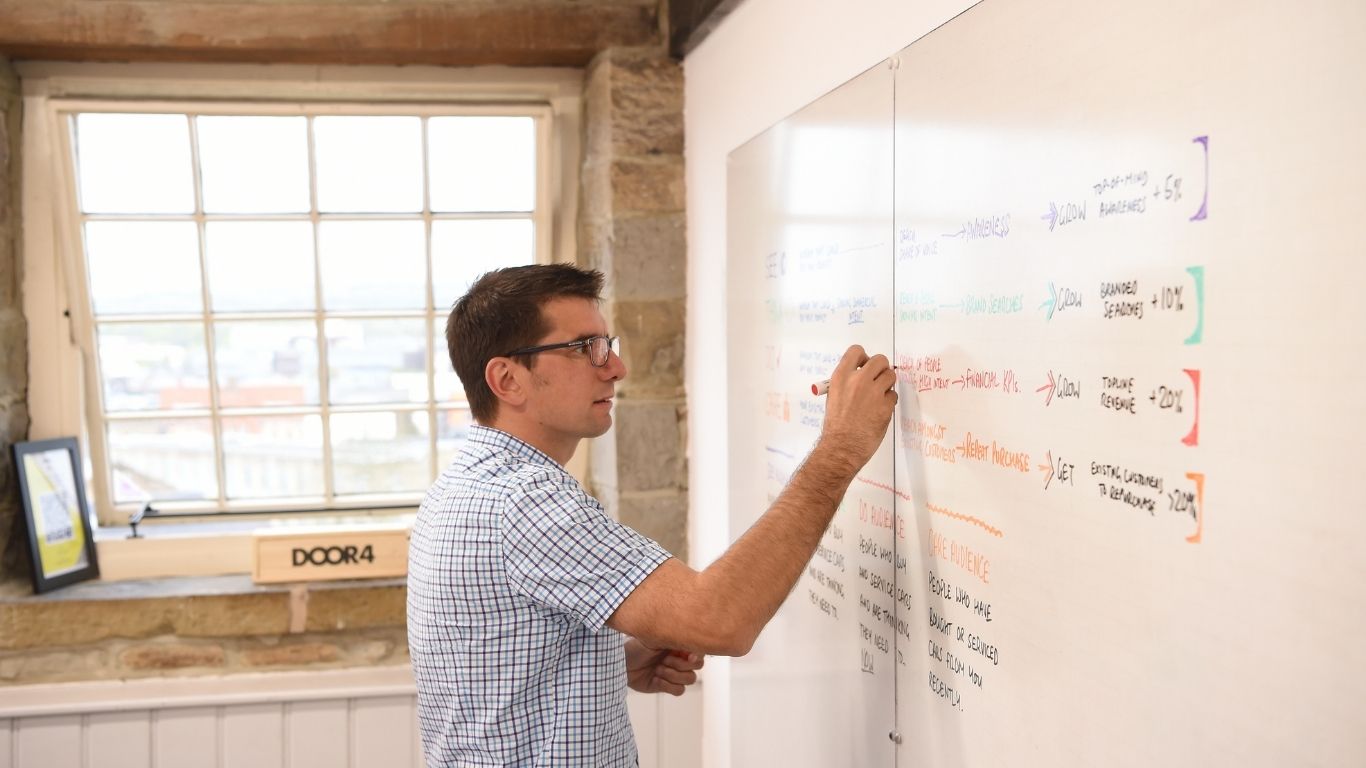
How lockdown flipped the digital marketing landscape
The effects of the COVID-19 lockdown on business have been pretty severe for some sectors but quite good for others.
Door4’s founder Leon Calverley and Senior Account Manager Michael Brennan have looked back on the last five months to see what patterns emerged and what the next few months might hold for retail and e-commerce.
Cheap digital advertising opportunities
Leon: We work with dozens of e-commerce and lead generation brands. What has been going on for them in the last few months?
Michael: It’s clearly been a mixed bag. Lockdown was a dramatic change for everyone – but while it’s been good for some companies who found favourable market conditions, some have been doing what they can to survive and found it very challenging. For clients in some sectors, those that had – or could quickly create – the ability to serve customers’ needs, it was almost the perfect storm because advertising became really cheap, while at the same time demand for products online soared.
The absence of brands like Amazon was a good opportunity for smaller brands to get more for their budget.
Lockdown caused massive advertisers to pull out of the market. Figures from Nielsen show that UK advertisers alone pulled £1.1 billion in spend during lockdown, a fall of almost half. This created a huge hole in demand and it became really cheap for those in the game. The absence of brands like Amazon was a good opportunity for smaller brands to get more for their budget as they benefited from cheap cost-per-clicks (CPCs).
Leon: There’s an anecdote that, in a recession, those businesses that continue to advertise are the ones that survive.
Michael: The rules are different for massive brands like Amazon and Coca-Cola, of course.
Leon: So, normal brands that stopped advertising – did you see if they stockpiled the cash or have they been redirecting funds to other areas?
Michael: Both. Some held fire at the beginning because nobody knew what was happening and were watching the impact on markets. Our clients got to know how they were impacted and whether there was opportunity quite quickly.
Some of our clients went all in and pushed into the markets.
Some of our clients went all in and pushed their advertising, observing where there’s a gap in the market and cheap opportunities to be had. Others in sectors like property, leisure and so on have understandably been pulling back and being very cautious, waiting for normality. We’ve certainly seen brands recognise the importance of digital. During lockdown and the ‘new normal’, if you’re unable to sell to your customers face to face then it’s vital to have a strong online presence. As a result, many clients have brought forward plans to introduce or improve their e-commerce capabilities.
Leon: Is there a difference between enterprise level business like Amazon and smaller retailers operating in tighter niches?
Michael: Amazon is interesting. They pulled out of advertising at the beginning. As a key competitor for some of our clients, we were able to jump in quickly and make the most of the opportunity. Amazon is very aggressive in Google – they want to pull people straight into Amazon. Our clients who were able to continue trading grabbed this traffic for themselves and it cost less because they were not bidding against Amazon. Combine this with increased online demand in some sectors – cost per acquisition has become lower than ever for some businesses. Some of our clients have really done well as a result.
Leon: Did the same happen for Paid Search and Paid Social?
Michael: In Paid Search, we are directly bidding against competitors and, even though Amazon dropped out, if your market is operating your competitors are probably still advertising. But in Facebook, you’re bidding on the person, not the search, so the fact the big advertisers have pulled out makes it cheaper, even if your sector is still competitive.
The fact the big advertisers have pulled out makes it even cheaper, even if your sector is still competitive.
We’ve seen CPCs in both Facebook and Google being really cheap – for some sectors it’s been 80% cheaper, which is massive – you can get five times the number of clicks for the same amount of money. Five months in, this has begun to normalise, but for most sectors CPCs are still cheaper than they were this time last year. In other territories, not the UK, like Germany for example, the drop in CPCs wasn’t quite as dramatic – I’m not completely certain why this was, but advertisers seemed to have more confidence in their markets and economy.
Strategy changes supported by digital marketing
Leon: When the market changed in March, did you see a change in channels? How customers view channels – was there movement?
Michael: Yes. We’ve had a couple of examples where brands have been forced to focus on going direct to customer (D2C). If stores aren’t selling because retailers have shut down, if there’s not as much footfall, if they physically can’t sell their products on the high street, they have been forced to go D2C and drive that direct sale. Their attention has had to be focused on the direct response.
High volume brand awareness campaigns have been thrown into doubt because nobody knows where we’re going to be in six months.
So, their digital marketing strategy has changed to direct selling right there and then, targeting the customer showing high intent to buy, rather than a long term brand awareness strategy that might normally run over six or 12 months. High volume brand awareness campaigns have been thrown into doubt because nobody knows where we’re going to be in six months.
Leon: What will happen to these brand awareness strategies being paused?
Michael: The brand focus will inevitably come back as certainty returns to markets and advertisers feel secure enough to think about the longer view. It’s a temporary shift. It might be different in different sectors, markets and even territories but we will get back to brand awareness being an important part of the overall mix.
Digital readiness
Leon: We had a couple of clients that changed their business models completely during lockdown.
Michael: Yes. A global consultancy switched to remote delivery – basically, changing their business model to deliver paid content. Another, a manufacturing business, pivoted and got their new offering online quickly.
Leon: Both have had to accept they’ve not had the time to create a perfect online solution. They’ve accepted they just need to get up there, get online and learn and improve as they go along.
Michael: Yes, they changed their propositions quickly so they can thrive in digital and not be reliant on face-to-face transactions.
Leon: In some cases, businesses have had to move into a market without knowing if it’s temporary or not, wondering if they might have to turn their backs on it in three or six months. We spend time quizzing clients – you really need to understand your strategy, have clear tactics, an understanding of your objectives. All of a sudden, you’re in a different universe where you have no idea what the size of the market is, no idea of what your market share could be, an entirely disrupted market and there’s no market research or intel about hand sanitiser businesses.
All of a sudden, you’re in a different universe where you have no idea what the size of the market is.
Michael: Going back to those businesses that thrived, with those advertisers that have marketing activities spread across different channels have been able to react more quickly. For example, if you already have a strong organic search presence and are running campaigns across Paid Search, Paid Social, Display, Video, Email, etc. you’re in a strong position as you can easily turn the levers up and down and react to channel performance changes.
Leon: But on the other hand…?
Michael: On the other hand, if you’re heavily dependent on a single channel it’s likely to be more difficult to react swiftly to changing market conditions. Also, we’ve seen in a few cases where companies have had to pivot, if you haven’t got fundamentals like robust data analytics and reporting in place, you don’t already have a picture of what’s effective and what’s not. This makes it really difficult to scale quickly. Those businesses that have already got intelligence have been able to adapt quickly.
What about Christmas?
Leon: We were fortunate enough to enter into a lockdown phase in spring. Home and garden were buoyant because of the warm weather, but what happens in winter? What happens if there is a resurgence of COVID-19 when it’s cold and snowing?
Michael: Those sectors that are more active in winter, like property, will be hit again.
Leon: If retail doesn’t get back to normality before Christmas, what will it look like? What about gifting and sending cards? If we can’t visit people, will we buy as much? Hopefully, high streets might be up and running.
Michael: Good point. It’s hard to visualise packed department stores at Christmas with what’s happening now with social distancing. This could again push focus to online marketing.
Leon: The fact some retailers are closing physical stores will also change the dynamic. It might open up opportunities for others.
Michael: Markets are changing massively.
Leon: Watch this space.
Takeaways
- Some e-commerce businesses have taken advantage of low cost advertising in their sector
- Brand awareness campaigns have given way to a more direct response focus
- If you need to pivot, it pays to hit the ground running and learn as you go
- CPCs are still cheaper than they were a year ago – better value for money
If you’d like to talk about how digital marketing can support or scale your business, get in touch for a chat.
Photo by Mark Basarab on Unsplash
-
 21.07.2019|Page speed affects everything from bounce rates to e-commerce transactions and your brand’s position in SERPs. But who is responsible for doing something about it?
21.07.2019|Page speed affects everything from bounce rates to e-commerce transactions and your brand’s position in SERPs. But who is responsible for doing something about it? -
 16.07.2020|Contribute your experiences of digital marketing during Q1, Q2 & Q3 of 2020 for a comprehensive whitepaper out in the autumn.
16.07.2020|Contribute your experiences of digital marketing during Q1, Q2 & Q3 of 2020 for a comprehensive whitepaper out in the autumn. -
 20.01.2021|Download our free Marketing in Adversity report 2021 - learnings from 2020 show how we might use digital marketing to build business resilience.
20.01.2021|Download our free Marketing in Adversity report 2021 - learnings from 2020 show how we might use digital marketing to build business resilience.
Door4 opinions and insight.
We have a lot to talk about.Our latest articles, features and ramblings.
We explore performance marketing, AI, communications and optimisation.
